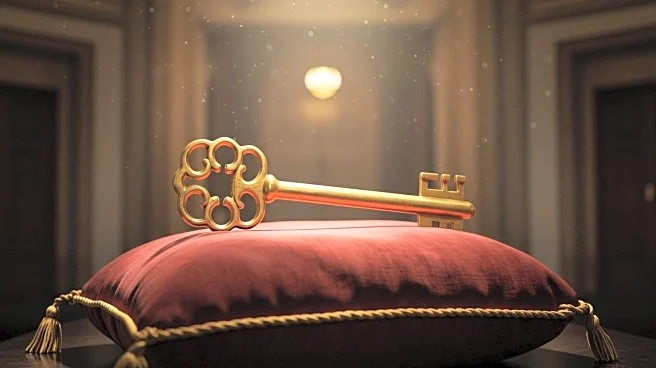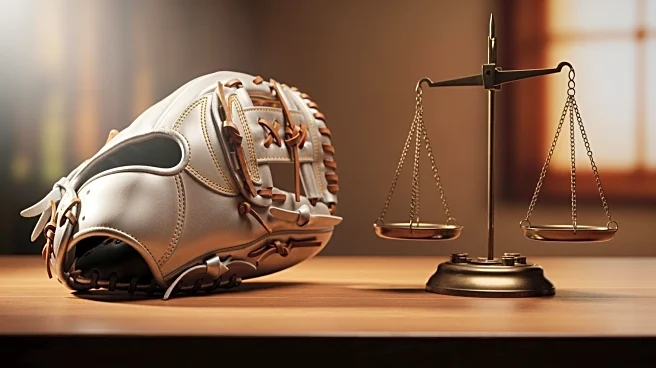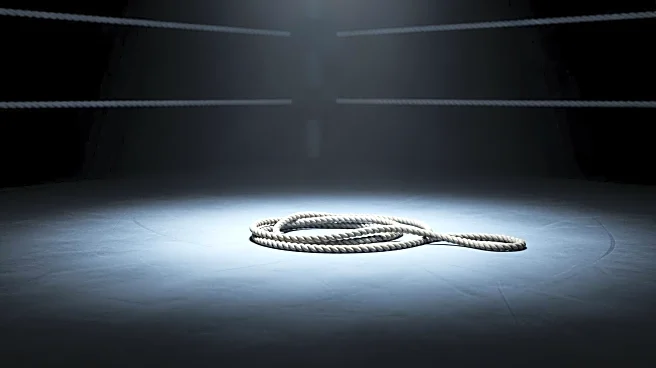What's Happening?
Russian President Vladimir Putin is pressing Israel to transfer ownership of the historic Alexander Courtyard in Jerusalem's Old City. This site is considered a 'deeply personal matter' for Putin. Israeli Prime Minister Benjamin Netanyahu has tasked top ministers, including Foreign Minister Gideon Sa'ar and Justice Minister Yariv Levin, to revisit the case in October. The Alexander Courtyard has been under the de facto control of the Imperial Orthodox Palestine Society (OPS) since its founding in 1890, although Moscow argues that historic registration proves the property should belong to modern Russia. The issue gained attention in 2019 during the imprisonment of Israeli Naama Issachar in Moscow, with reports suggesting Netanyahu promised Putin control over the property in exchange for her freedom.
Why It's Important?
The transfer of ownership of the Alexander Courtyard has significant implications for Israel-Russia relations. It could signal a warming of ties between the two nations at a time of geopolitical tension, particularly with ongoing conflicts in Gaza and strained relations with Iran. The decision could also impact the balance of power in Jerusalem, a city with profound religious and historical significance. The move may affect Israel's diplomatic standing and its ability to navigate complex international relationships, especially with countries that have vested interests in Jerusalem's religious sites.
What's Next?
The Israeli ministers are expected to reconvene in October to review oral arguments after written submissions have been filed. The National Security Council and the Prime Minister's Office are leading the process. The Israeli government has informed the Supreme Court that it will appeal a ruling canceling the transfer to Russia, handing the final decision back to Netanyahu's cabinet. The outcome of this decision could have lasting effects on Israel's diplomatic relations and its handling of international property disputes.









